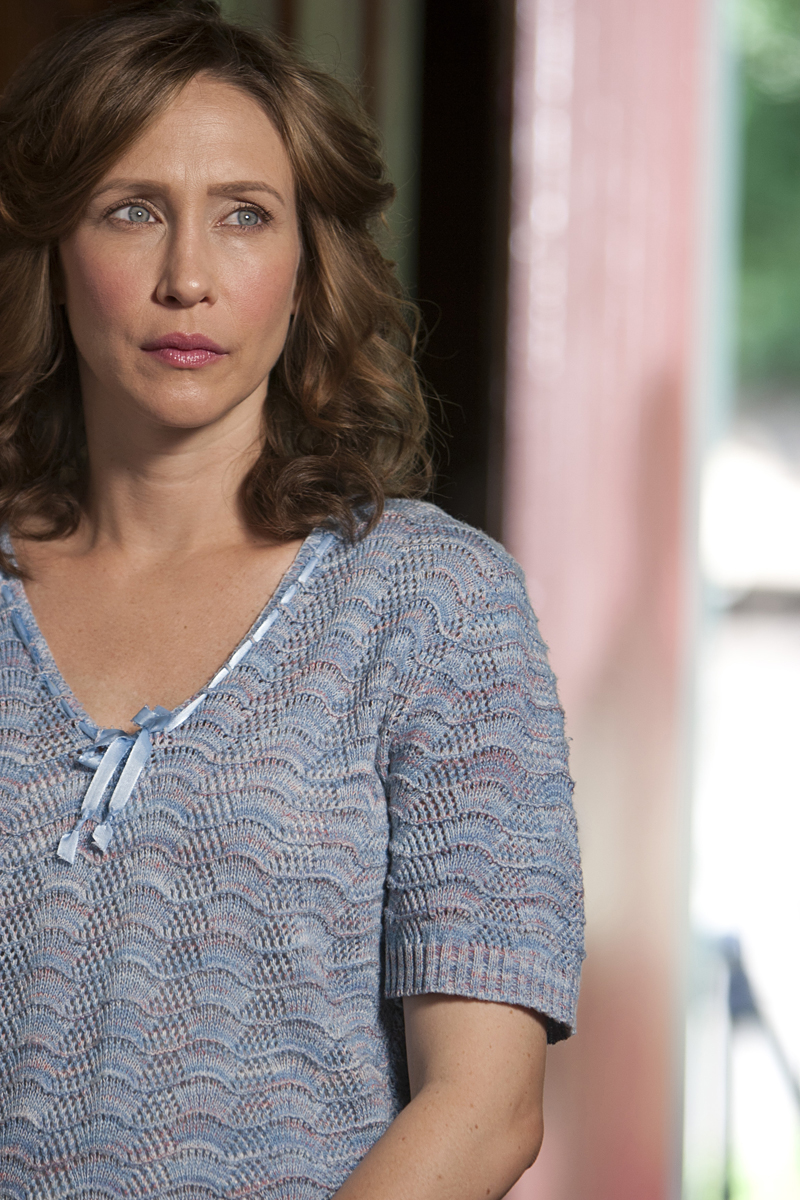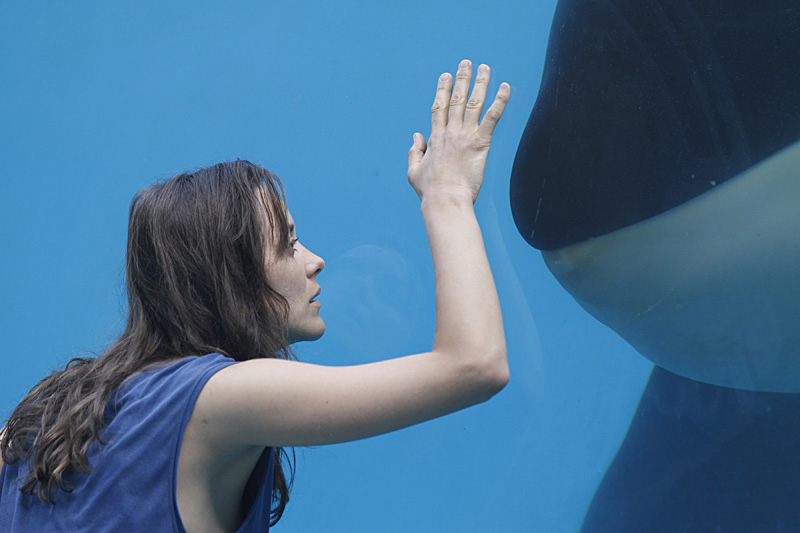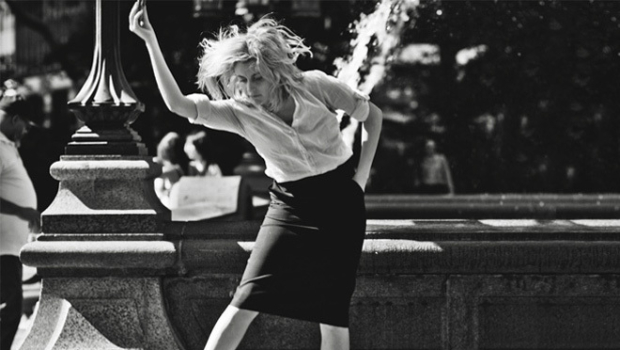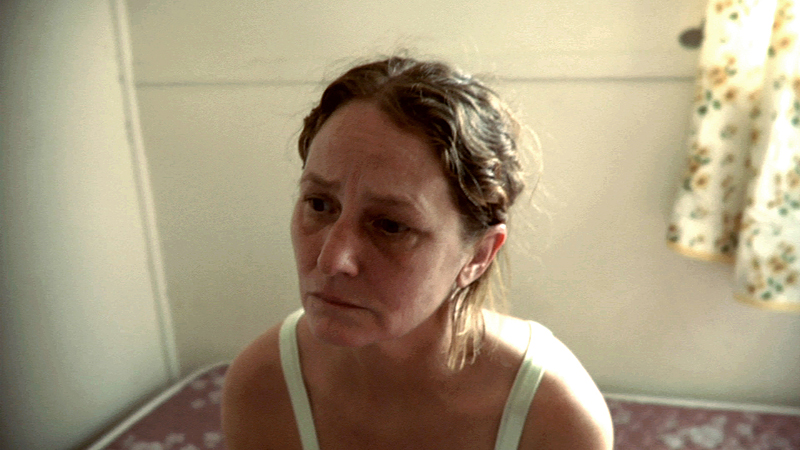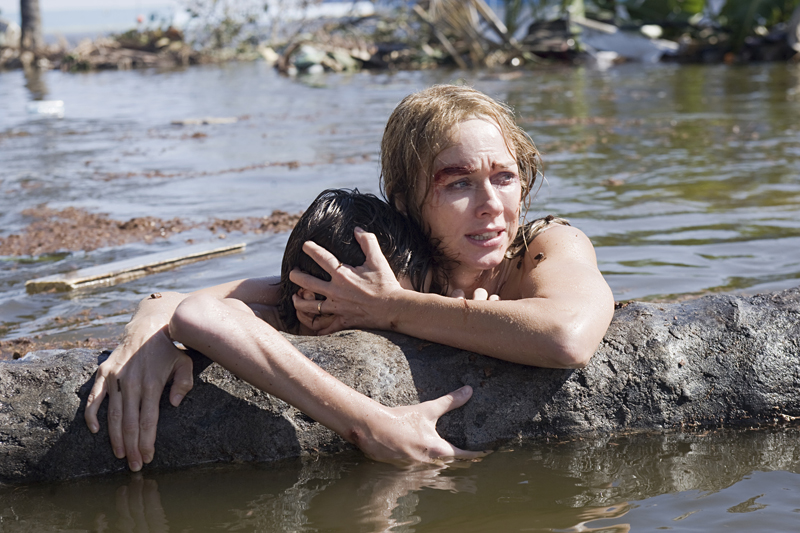Vera Farmiga’s directorial debut, in which the actress plays Corinne, a woman who chafes against the restrictions of her evangelical sect, admirably tries to evoke the spirit of American cinema 35 years ago, an era much more hospitable to serious roles for women than the current one. Based on a memoir by Carolyn S. Briggs, who co-wrote the wobbly screenplay with Tim Metcalfe, Higher Ground roughly covers the mid-1960s through the late ’80s. Wedding as teens, Corinne and Ethan (played as an adult by Joshua Leonard) decide to get right with the Lord after a near-calamitous incident involving their baby girl and join a fundamentalist group. The sect’s patriarchal structure is immutable: Corinne is upbraided by the pastor’s wife for appearing to preach to the menfolk and for wearing a shoulder-exposing blouse. Yet Corinne’s slow burn from needling disenchantment to violent rejection of her faith and her marriage—the dramatic crux of Higher Ground—never makes much of an impact, largely because her commitment to both seems so tenuous and hazily sketched out, a fault attributable to the writing and to Farmiga’s unsure footing both behind and in front of the camera. Even with her beatific face, Farmiga is never wholly believable as a woman shaken by a crisis of belief.
Interview: Vera Farmiga On Faith, Madonna, and Mo’Nique
